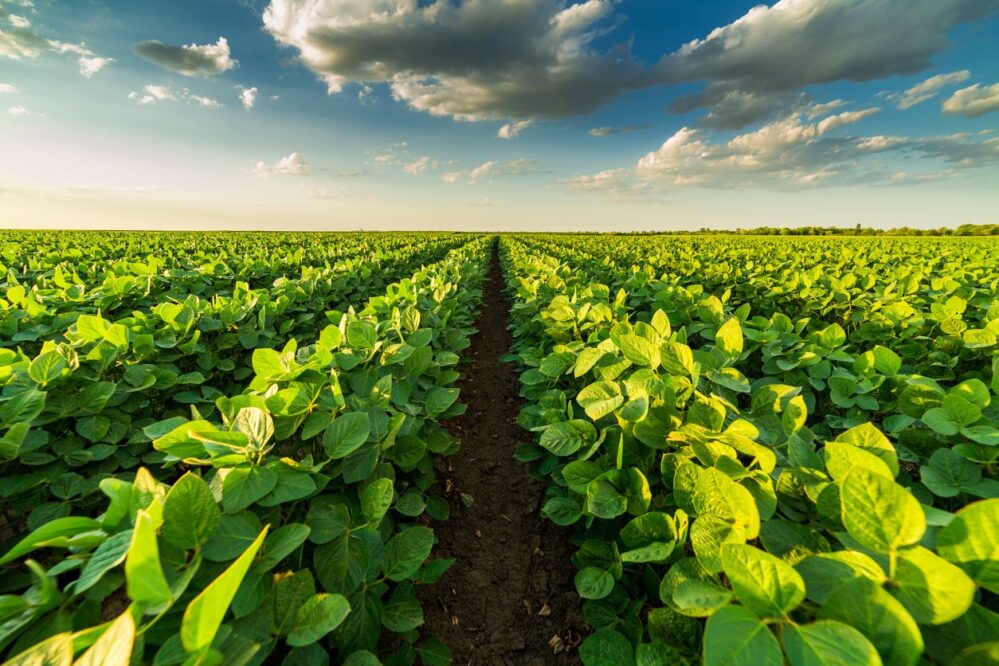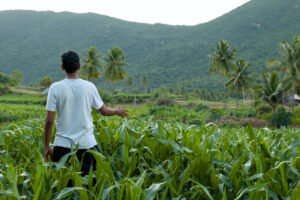Seed gene-editing startup Inari is now valued at $1.65 billion after a $103 million equity raise announced this week. This brings the Cambridge, Mass.-based company’s total equity capital raised to more than $575 million.
The latest round includes participation from several existing investors: Hanwha Impact, Canada Pension Plan Investment Board (CPP Investments), Rivas Capital, NGS Super, State of Michigan Retirement System and Flagship Pioneering, a biotech company that originally founded Inari.
A pack of new investors also joined the round, including the RCM Private Markets fund.
Towards commercialization
The new funding comes a little more than a year after Inari’s $124 million Series E.
Since that time, Inari says it has been able to prove out its SEEDesign platform that can edit multiple native genes in a plant at the same time, aided by AI-powered predictive design.
Inari CEO Ponsi Trivisvavet tells AgFunderNews that this “multiplex gene editing,” which relies on tools like CRISPR, can “introduce natural modifications to the crop’s DNA” in order to deliver “meaningful solutions to farmers.”
Chiefly, that means helping to relieve farmers of the paradox under which they currently labor: produce more food using fewer planetary resources and synthetic chemicals.
To do this, Inari has developed higher-yielding seeds for row crops using its multiplex gene-editing tech.
“Plants’ genomes are incredibly complex, with characteristics such as yield and water use efficiency driven by complex networks in which multiple genes work together,” explains Trivisvavet.
Inari’s approach translates into a seed that produces the same or greater yields while using fewer resources.
The company aims to increase soybean, corn and wheat yields by 10%-20% while reducing corn’s nitrogen and water use by 40%, according to Trivisvavet.
Inari is readying itself for commercialization with this latest funding round. Initial markets include the US, Canada and Australia. For now, the company will stick to row crops: soybeans, corn and, wheat, with soybeans first to market in the US, says Trivisvavet.
Investor confidence
Ag biotech has been one of the few agrifoodtech investment categories to increase in the last year as food security and sustainability concerns drive interest in the category. This is the case not just in the US but in parts of Europe and Asia, too.
For its part, Inari’s Series E in 2022 was one of the top rounds of the year; while its sizable new raise at a time when capital is tight underscores investor confidence in the platform, claims Trivisvavet.
“This fundraise validates investors’ confidence in our progress and will support us to further advance Inari’s cutting-edge technologies and enter the commercialization phase, bringing our breakthrough products into the hands of seed customers.”
Hanwha Impact noted in a statement that, “Inari’s cutting-edge technology platform, combined with a winning commercial model, mean that it is ideally placed to deliver significant value and help create a truly sustainable future for agriculture.”





